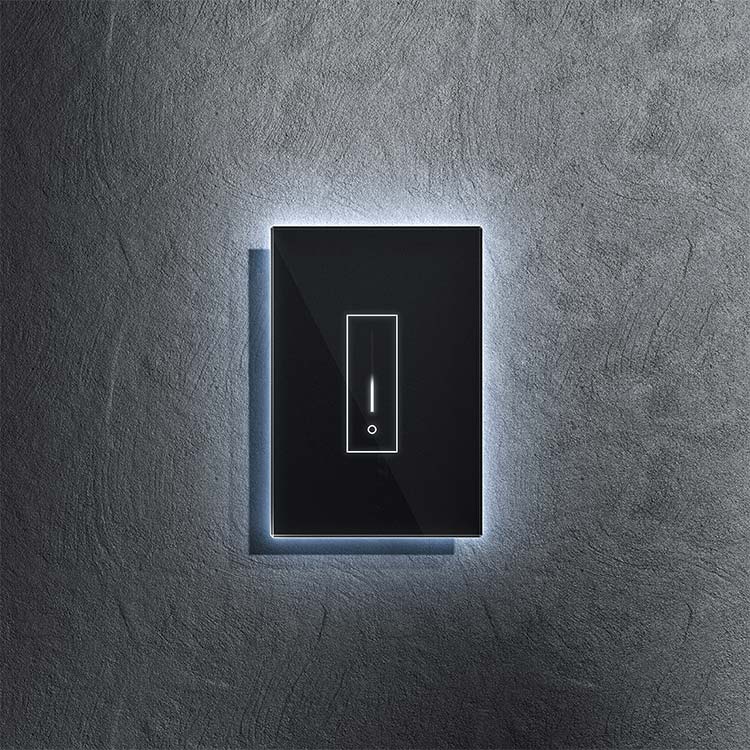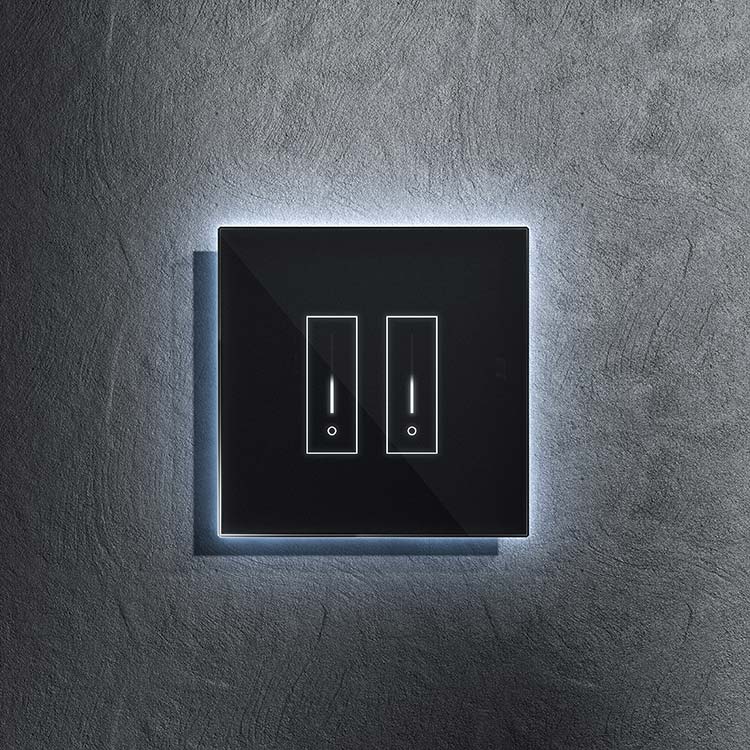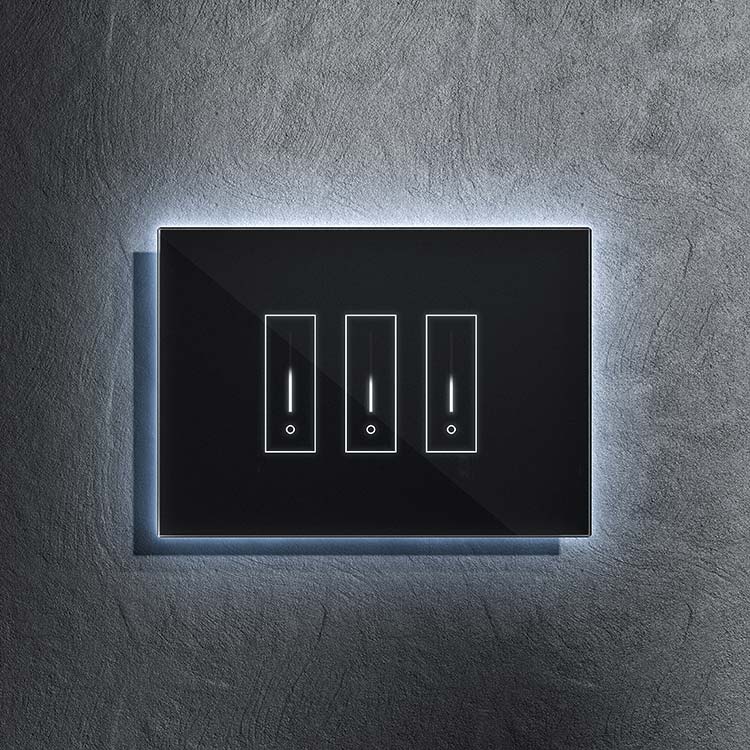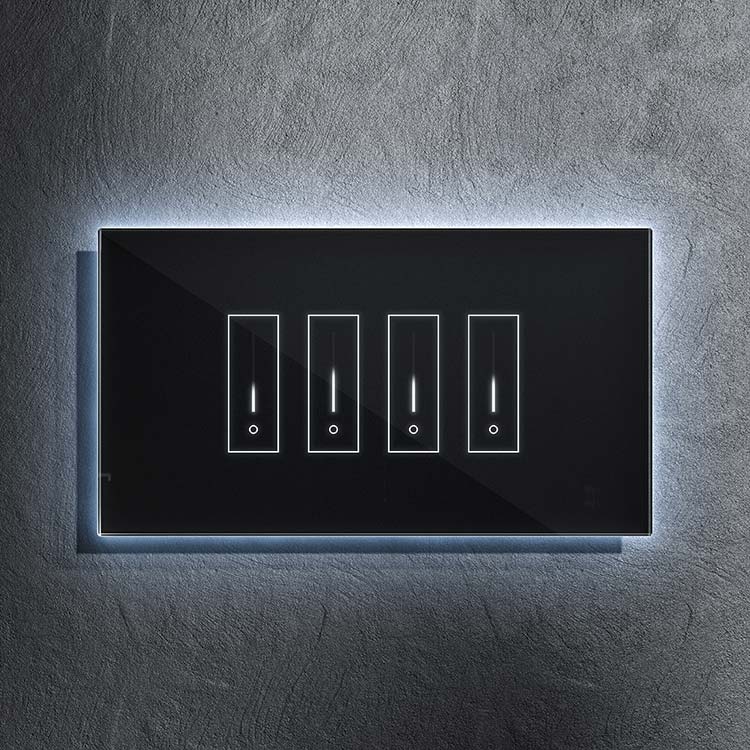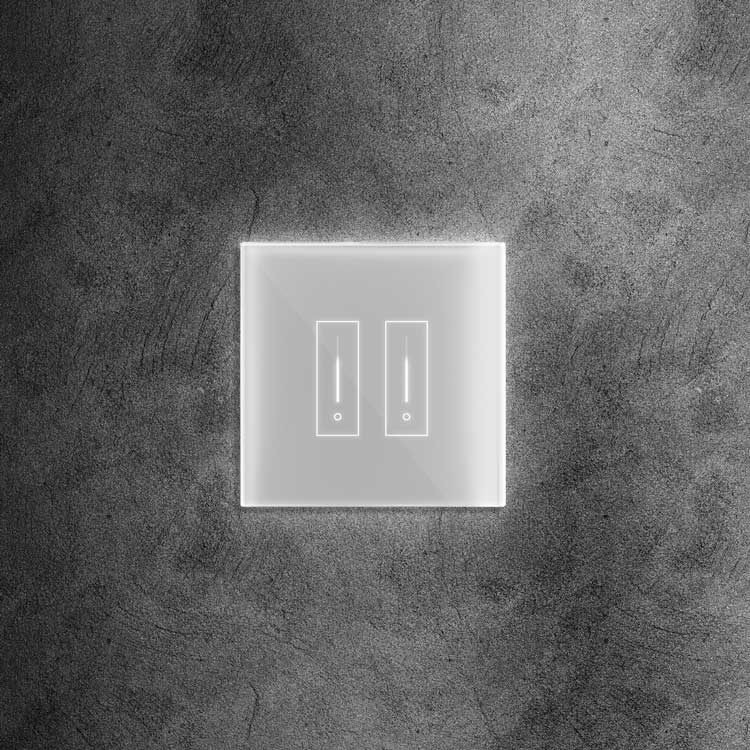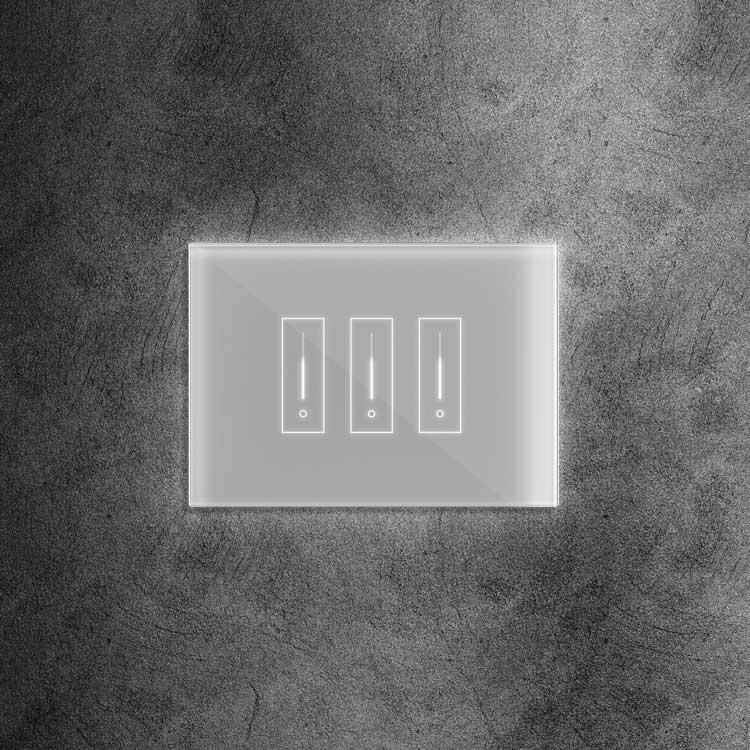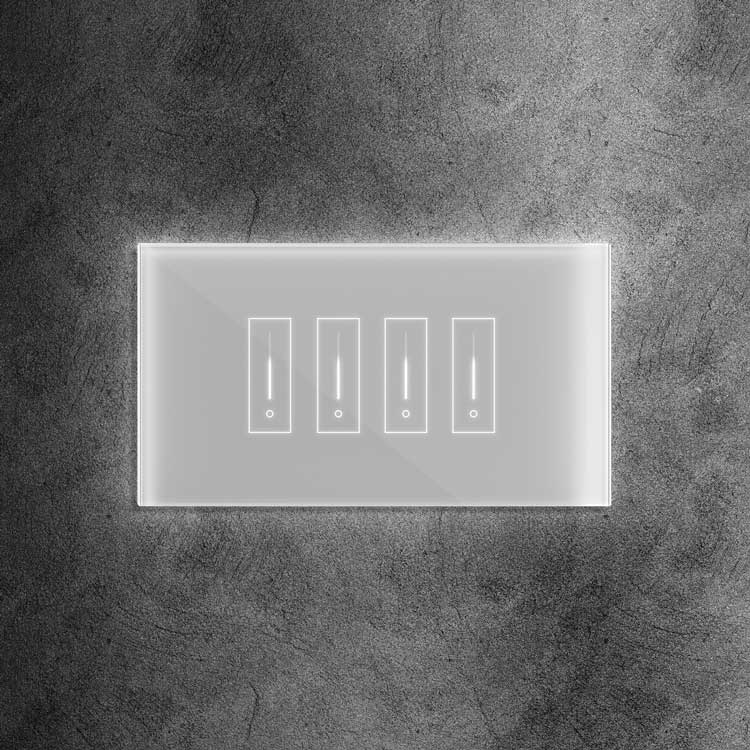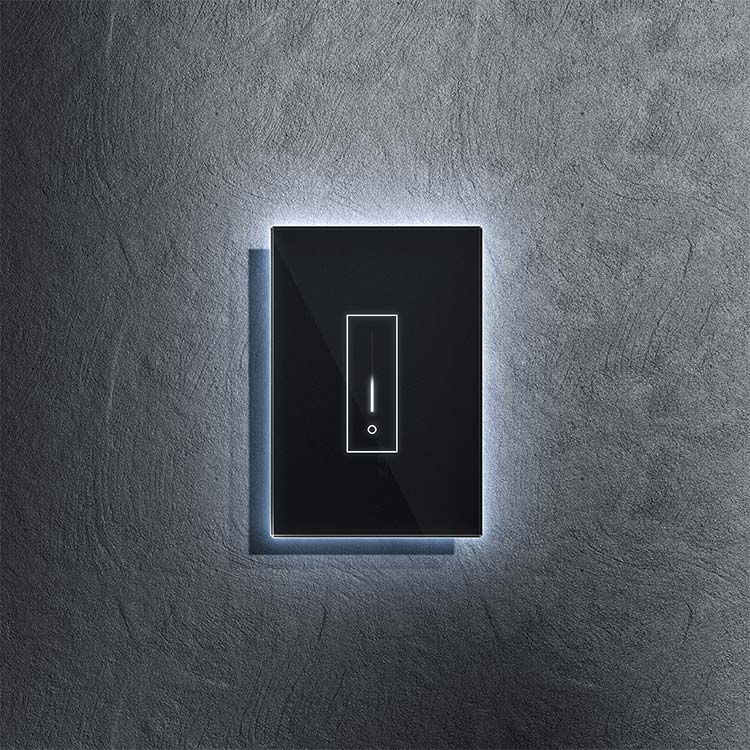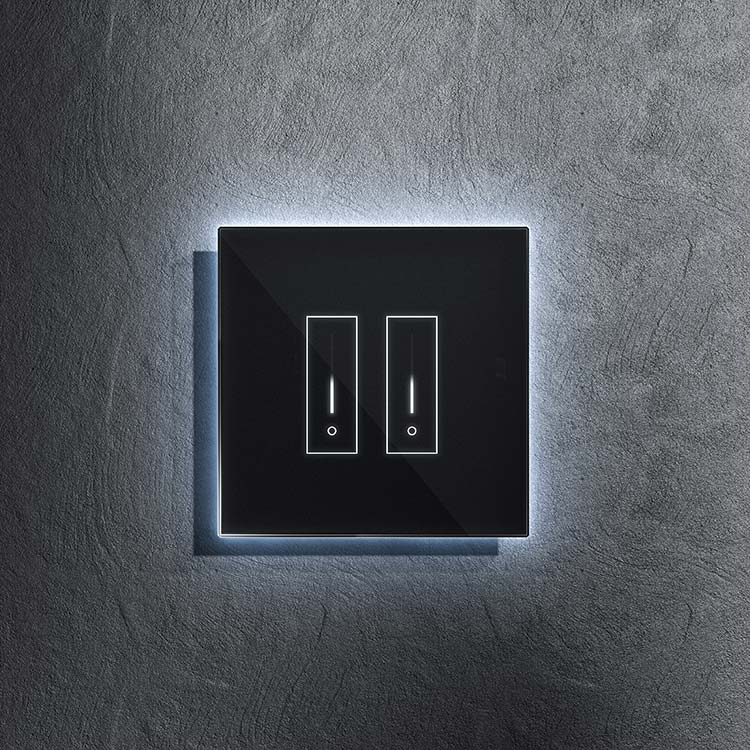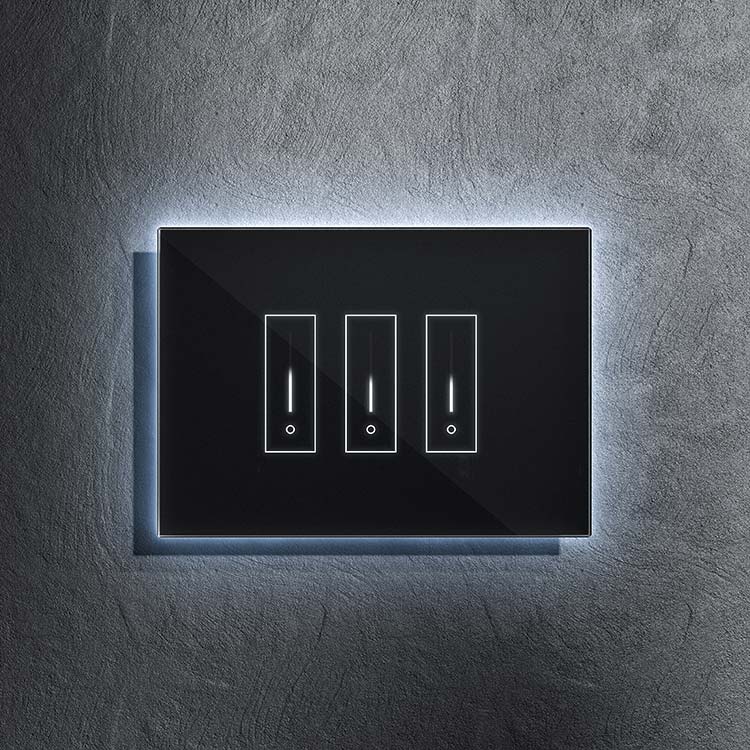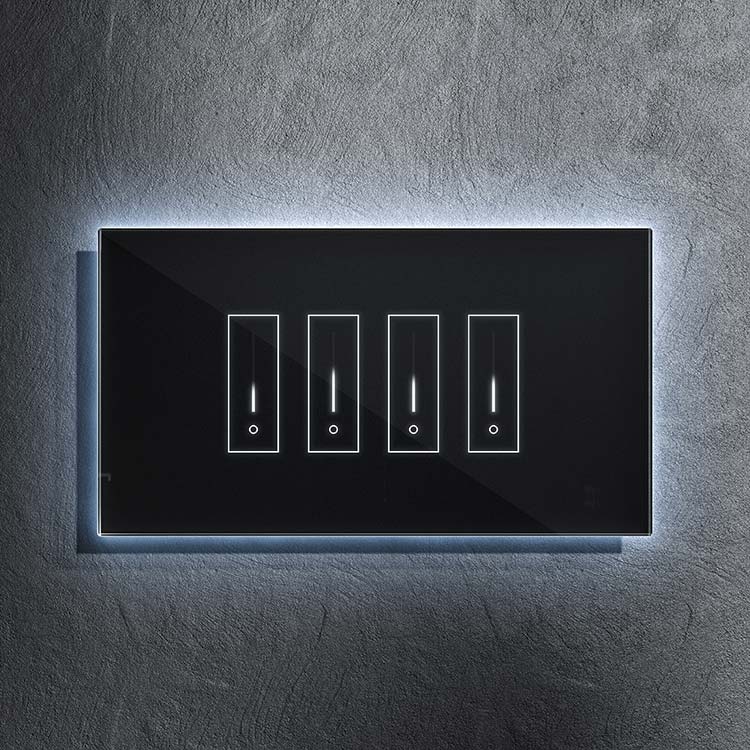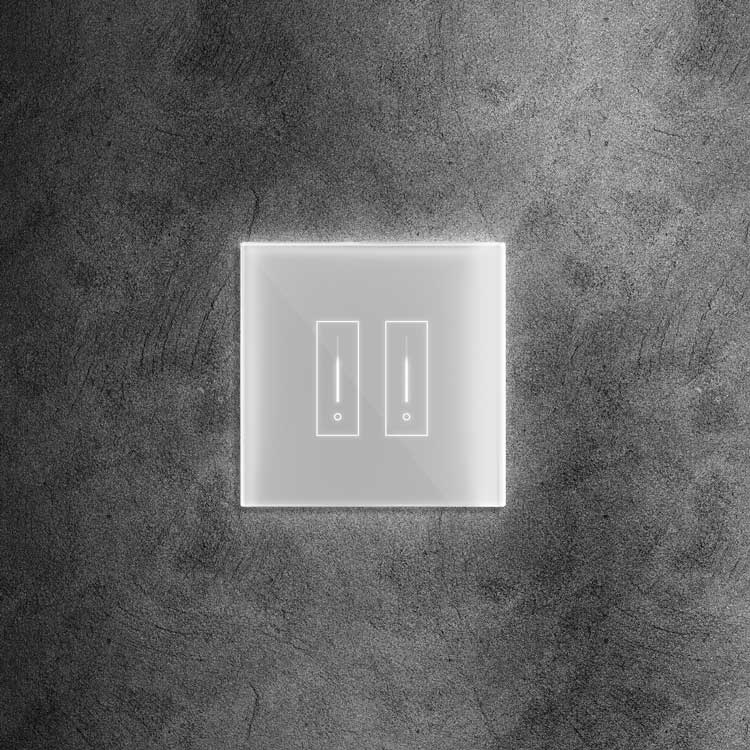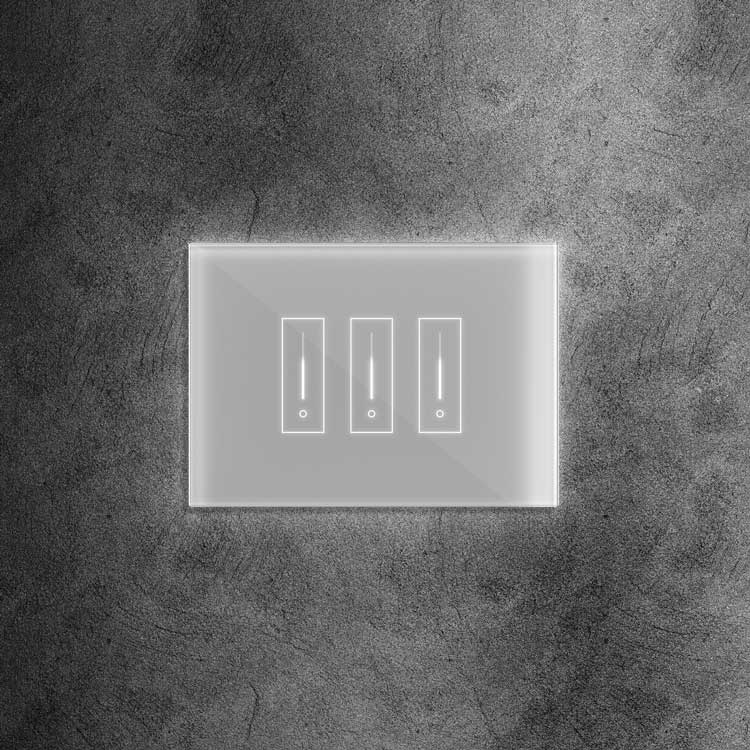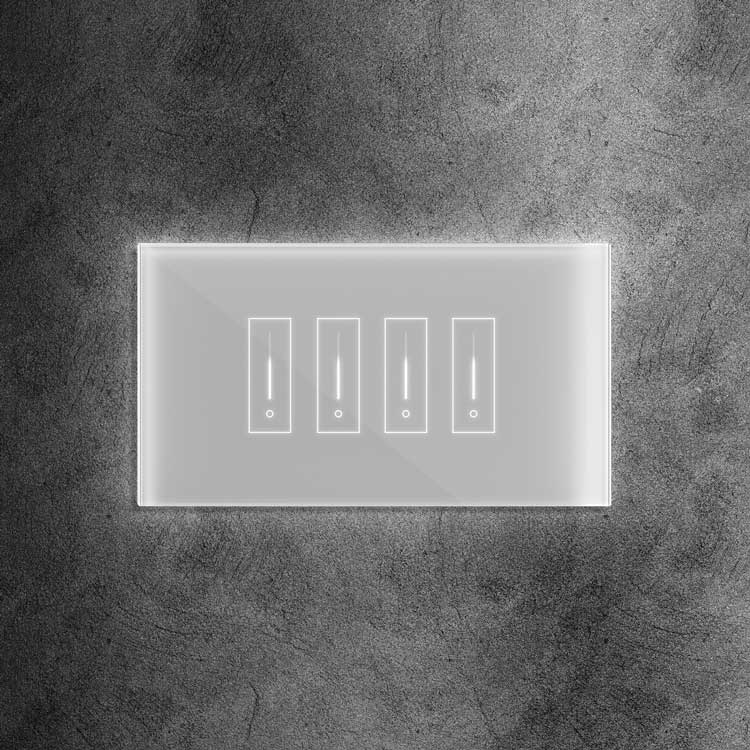Modern digital technology has made smart home technologies take center stage, offering convenience, efficiency, and control at our fingertips. Among the leading players in this arena, Google smart home devices have garnered significant attention for their innovative features and seamless integration. This article delves into the latest advancements in smart home tech, highlighting the best devices available and comparing them with other popular options like Alexa smart home devices.
The Rise of Smart Home Technology
Smart home devices have transformed the way we interact with our living spaces. From adjusting the thermostat with a voice command to monitoring home security remotely, these gadgets offer a glimpse into the future of home automation. As the demand for connected homes grows, tech giants have been racing to develop the most advanced and user-friendly smart home devices.
Features to Look For
When choosing the best smart home devices, it's essential to consider a few key features:
-
Compatibility: Ensure your chosen devices are compatible with your smart home ecosystem. Many Google smart home devices offer seamless integration with other gadgets, allowing for a cohesive and interconnected experience.
-
Voice Control: Voice assistants have become increasingly popular, with many smart home devices now featuring built-in voice control capabilities. Whether you prefer using Google Assistant or Alexa, there's a device out there to suit your needs.
-
Security: Protecting your privacy and data should be a top priority when selecting smart home devices. To ensure your information remains secure, look for products with robust security features, such as end-to-end encryption and regular software updates.
-
Ease of Use: The best smart home devices are intuitive and easy to set up and use. Whether you're a tech-savvy enthusiast or a beginner, user-friendly interfaces and clear instructions make all the difference.
Comparing Google Smart Home Devices and Alexa Smart Home Devices
While both Google and Alexa smart home devices provide an extensive array of features and functionalities, there are some key differences to consider:
-
Voice Assistants: Google Assistant and Alexa each have their strengths and weaknesses. Google Assistant excels in providing accurate search results and context-aware responses, while Alexa is known for its extensive skills and third-party integrations.
-
Ecosystem: Google smart home devices often integrate seamlessly and utilize more Google services, including Google Photos, Calendar, and Maps. On the other hand, Alexa devices offer compatibility with a more extensive selection of third-party apps and services, making them a versatile choice for those who prefer a more open ecosystem.
-
Design and Aesthetics: Both Google and Alexa smart home devices offer sleek, modern designs that can complement any home decor. However, personal preference will ultimately dictate which design you prefer.
The Future of Smart Home Devices
As technology advances, the future of intelligent home devices looks brighter than ever. From advancements in artificial intelligence and machine learning to improved energy efficiency and sustainability, there's no telling what the next generation of smart home gadgets will bring.
Integration with Other Smart Devices
One of the standout features of Google smart home devices is their ability to integrate seamlessly with various other smart devices. This interoperability allows users to create a truly interconnected home environment where different devices can communicate and work together to enhance functionality and convenience.
For instance, imagine waking up to your smart lights gradually illuminating as your smart thermostat adjusts the temperature to your preferred setting. Meanwhile, your smart coffee maker starts brewing your morning coffee, and your smart speaker plays your favorite playlist, all triggered by a single voice command or automated routine. This level of integration simplifies daily tasks and adds a layer of intelligence to your home, making it more responsive to your needs and preferences.
Innovative New Features
The tech industry constantly evolves, and smart home devices are no exception. Google smart home devices are at the forefront of this innovation, continually introducing novel features and functionalities that extend the realm of the achievable.
Some of the latest advancements include:
-
Advanced AI Capabilities: With advancements in artificial intelligence, smart home devices are becoming smarter and more intuitive. They can pick up on your preferences and behavior over time, enabling them to predict your requirements and automate tasks more effectively.
-
Energy Monitoring and Efficiency: Many modern smart home devices offer energy monitoring features that allow you to monitor your energy usage and find strategies to reduce waste. Some devices can adjust their settings automatically to optimize energy efficiency, helping you save money on your energy costs and lessen the carbon footprint you leave behind.
-
Enhanced Security Features: As the sophistication of cyber threats increases, smart home device manufacturers invest heavily in improving security features to protect users' privacy and data. Advanced encryption techniques, two-factor authentication, and built-in security protocols are becoming standard features in many Google smart home devices. This offers users peace of mind, knowing their information is secure.
Choosing the Right Smart Home Devices for You
With so many smart home devices, selecting the appropriate ones for your house from the market might be daunting. Here are some tips to help you make an informed decision:
-
Identify Your Needs: Before shopping, identify your specific needs and priorities. Do you want to focus on home security, energy efficiency, or convenience? Knowing what you're looking for can help you narrow your options and find the best smart home devices to meet your needs.
-
Read Reviews and Comparisons: Reading reviews and comparisons can provide valuable insights into different smart home devices' performance, reliability, and user experience. Seek evaluations from reliable sources and consider expert opinions and user feedback to get a well-rounded view of each product.
-
Consider Compatibility: If you already have some smart devices in your home, choose new devices compatible with your existing ecosystem. This will guarantee a smooth integration and a more cohesive user experience.
-
Set a Budget: Smart home devices come in various price ranges. Therefore, it's essential to set a budget before shopping. While it's tempting to opt for the cheapest options, keep in mind that investing in higher-quality devices with advanced features and better security can pay off in the long run.
The Importance of User Experience
Beyond technical specifications and features, user experience is essential to the success of smart home devices. Google smart home devices are renowned for their intuitive interfaces and user-friendly designs, which make them accessible to users of all tech backgrounds.
A seamless setup process, clear instructions, and responsive customer support can make a difference for users, especially those new to smart home technology. Manufacturers prioritizing user experience understand that a positive initial setup and ongoing support can significantly enhance customer satisfaction and loyalty.
Scalability and Future-Proofing
When investing in smart home devices, it's crucial to consider scalability and future-proofing. As your needs and technology evolve, you'll want devices that can grow and adapt with you. Google smart home devices often offer modular and expandable ecosystems that allow you to add new devices and features as needed.
Moreover, as technology advances, having devices with regular software updates and long-term support ensures that your smart home remains up-to-date with the latest features and security enhancements. This forward-thinking approach can save you time and money in the long run, as you won't need to replace outdated devices as frequently.
Environmental Considerations
In today's increasingly eco-conscious world, sustainability is becoming a crucial consideration for many customers while making smart home devices. Google smart home devices are making strides in this area by incorporating energy-efficient designs, eco-friendly materials, and energy-saving features that help reduce environmental impact.
By choosing energy-efficient smart home devices, You can save energy expenses and contribute to developing a more sustainable future. Look for devices with Energy Star ratings, eco-friendly certifications, and features like energy monitoring and scheduling to help you minimize your carbon footprint.
Conclusion
In conclusion, Google smart home devices offer a compelling blend of innovation, convenience, and integration, making them a top choice for homeowners upgrading their living spaces. However, with so many options available, it's essential to research and compare different smart home devices to find the best fit for your needs. A smart home device is perfect regardless of usage level—casual or enthusiast—tech. So why wait? Embrace the future of home automation today and transform your living space into a smart home.






